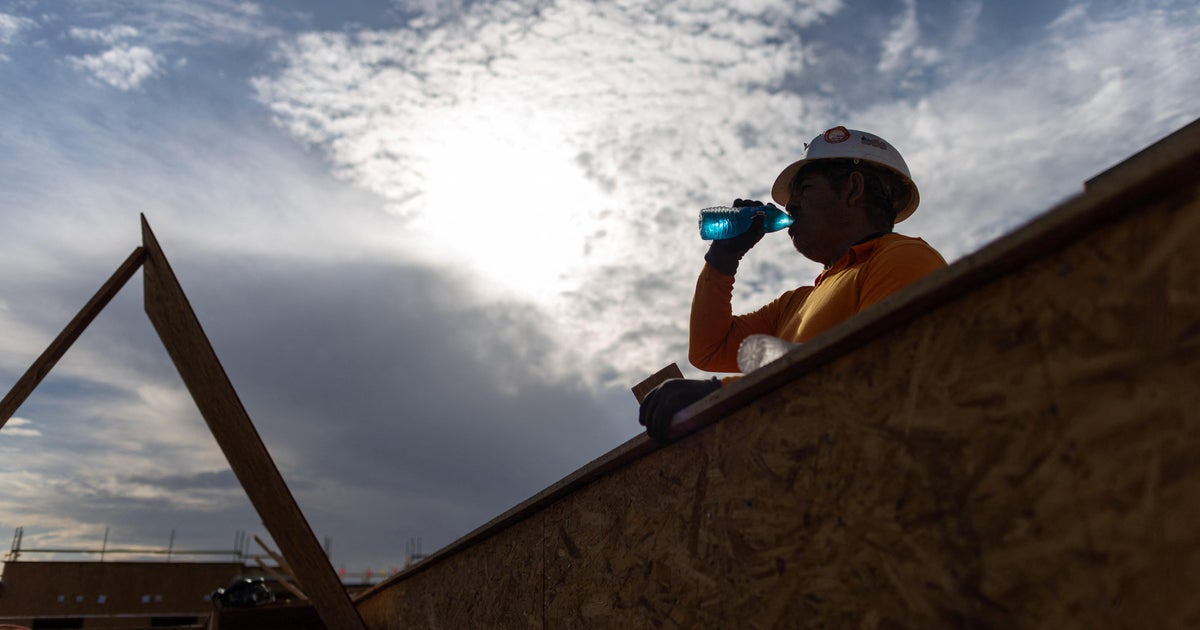Uptick of very rare brain infections in kids prompts CDC investigation
Health authorities renewed their investigation into reports of a potential uptick in very rare brain infections of kids around the country after officials in Southern Nevada reported another increase of hospitalizations last year compared to previous years.
The CDC first launched a probe into the issue early in 2022, after three children in California were hospitalized at the same time with rare brain complications – intracranial abscess, epidural empyema, and subdural empyema – of infections by the bacteria Streptococcus intermedius.
Results published last year from that investigation found increases around the country through May 2022 appeared to be simply "consistent with seasonal fluctuations and a redistribution of cases over time during the COVID-19 pandemic."
But after the first CDC investigation had concluded, local authorities in neighboring Nevada announced earlier this year that they had tracked another increase there.
Seventeen cases were identified in children for 2022 across Nevada's Clark County, which spans Las Vegas and its suburbs, up from an average of five annually in previous years.
"On October 14th, 2022, the Southern Nevada Health District was contacted by a local provider serving as a sole pediatric neurosurgeon for Clark County, Nevada, who noted a higher number than expected of children impacted by intracranial abscesses at their hospital," the CDC's Jessica Penney said Thursday.
Is the pandemic to blame?
"The cause of the increased number of cases in 2022 was not clear, but potentially the increased number of cases might be due to changing respiratory viral patterns," said Penney.
Penney was presenting early findings from the follow-on investigation at the agency's Epidemic Intelligence Service conference, an annual meeting of the agency's so-called "disease detectives."
After the neurosurgeon's report, Penney said authorities worked to collect data from hospitals throughout Nevada's Clark County and question parents of the hospitalized children.
There was a 38% decrease in mask use at school, in the wake of the state's indoor mask mandate ending in February. All cases occurred after March, peaking in the summer and fall.
In an interview with CNN, the neurosurgeon, Dr. Taryn Bragg, said she had seen "just a huge increase" in cases after March of 2022 leading her to alert local authorities.
Other doctors attending the conference also said they had seen similar increases in their areas. Penney's team is working to release more about their investigation in the CDC's Morbidity and Mortality Weekly Report.
"It's something we're going to continue watching this year, to see what happens with the trends in our county. And hopefully by sharing this information, other health departments can look into things as well," Penney said.
What are the symptoms?
Symptoms of intracranial infections like brain abscesses can result in a range of neurological complications, from changes in mental status to seizures.
However, Penney said early signs are often difficult to differentiate from less rare infections.
"In terms of symptoms, they can initially be very subtle for those presenting, which is sometimes why there is a little bit of a delay in diagnosis," said Penney.
Cases often begin from other "contiguous infections" in the sinus or ear that later spread into the brain. These initially cause common symptoms like fevers and headaches that can delay diagnosis, before leading to more worrying complications.
"In phone interviews, 64% of parents or guardians reported that their child had cold symptoms prior to hospitalization. 79% of caregivers sought care for their child prior to hospitalization, most often at an emergency department," she said.



